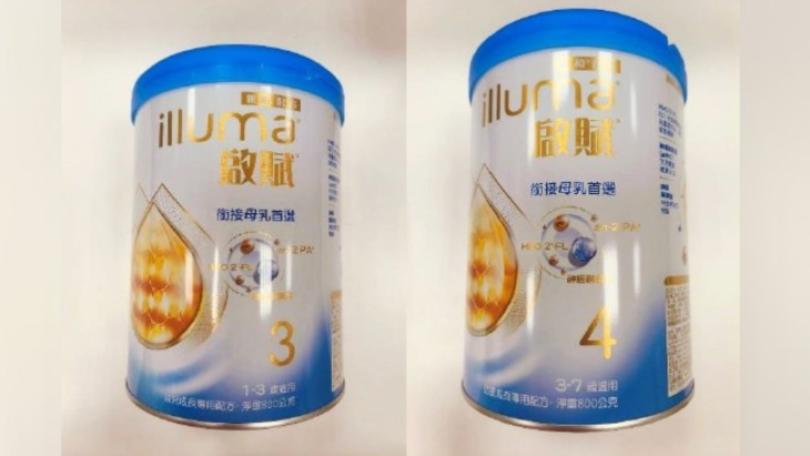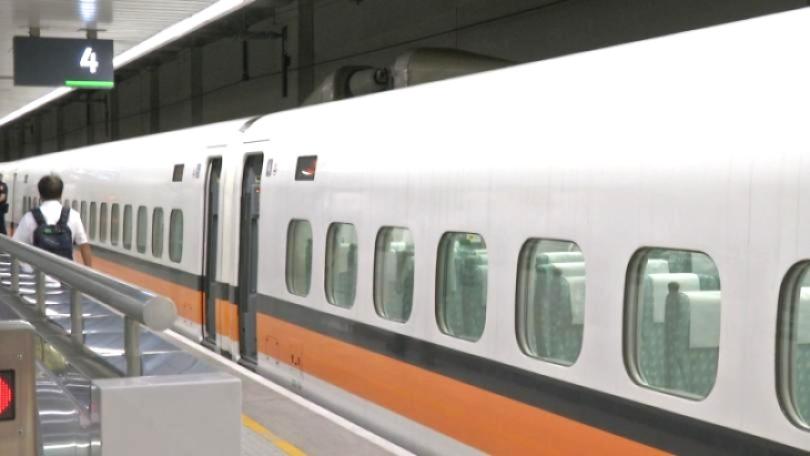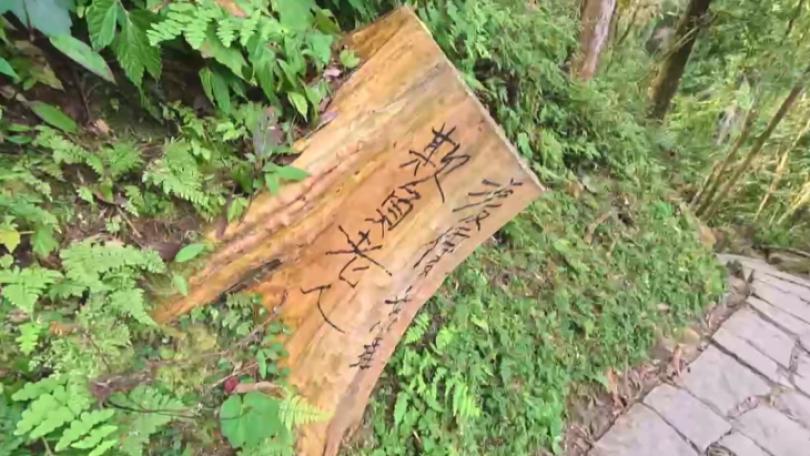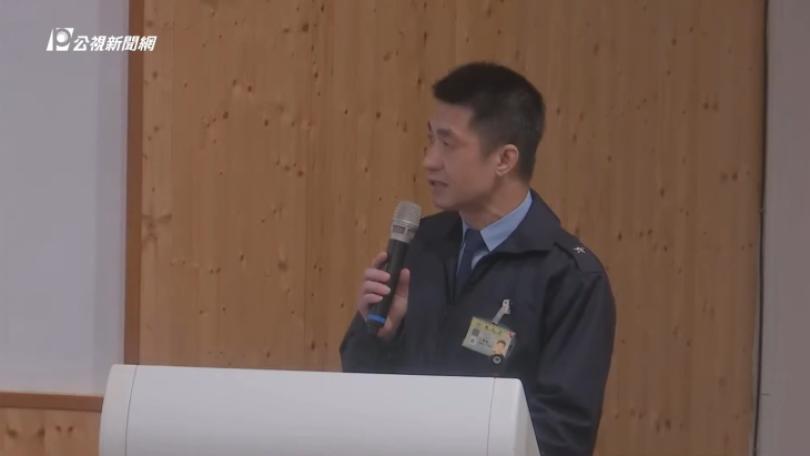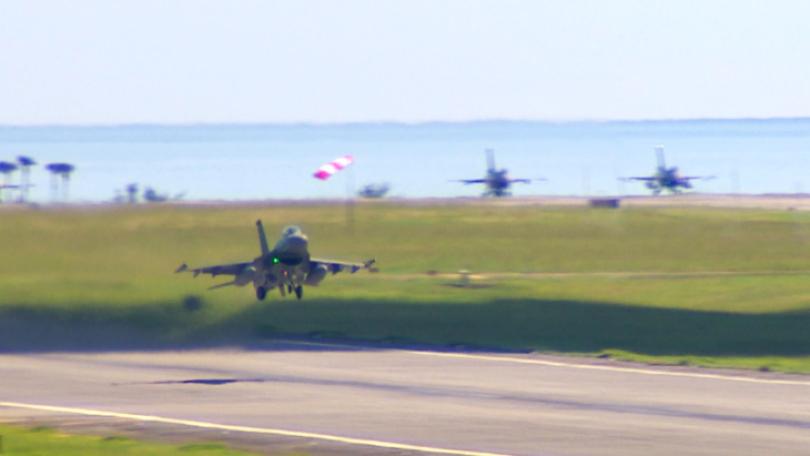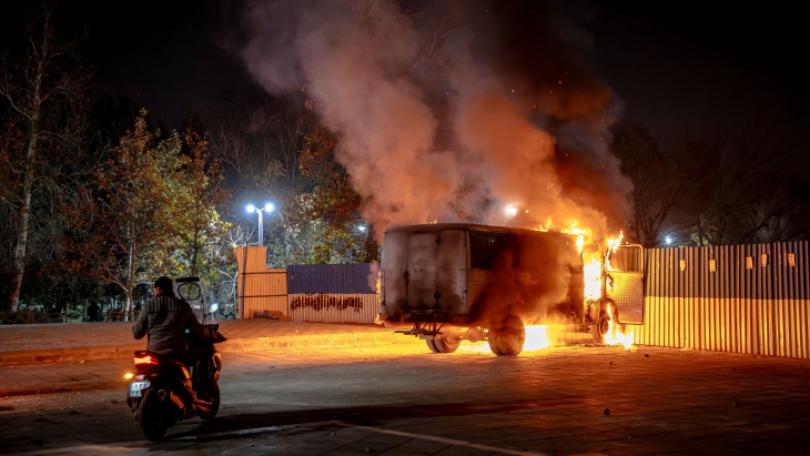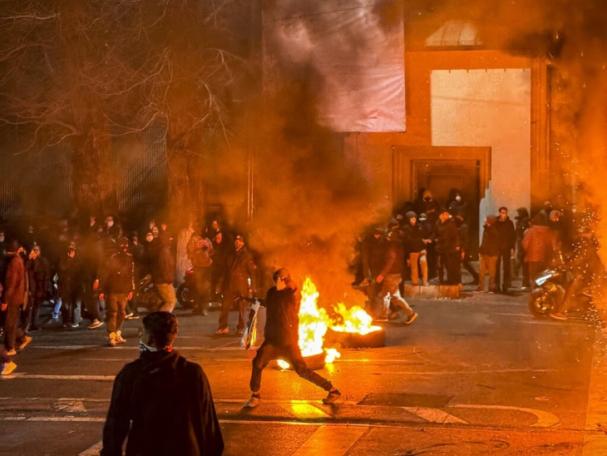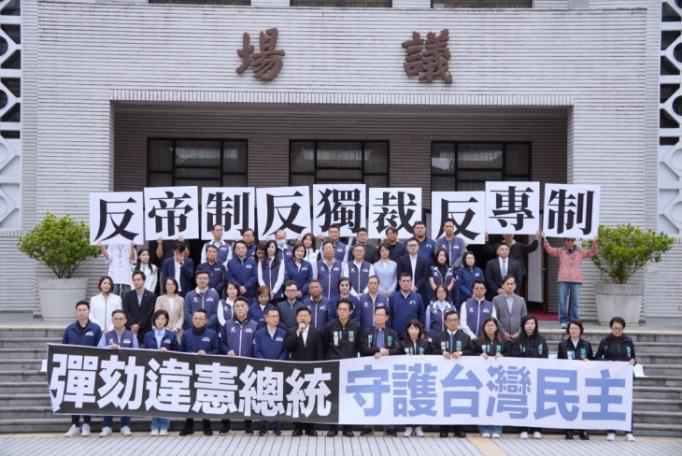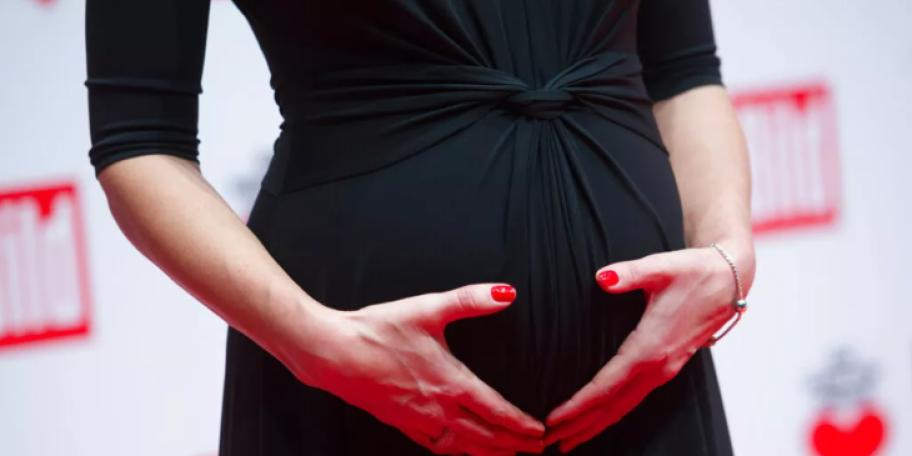Taiwan to Ban Disposable Toiletries in Hotel Rooms 環署擬7/1起 限制旅宿業提供一次性備品
The EPA plans to restrict disposable toiletries in hotel rooms to reduce the carbon footprint starting July 1.
According to statistics, the number of domestic tourists reached 80 million people in 2019. Tourists staying in hotels use a lot of accommodation goods, which the Environmental Protection Administration intends to restrict. The first phase will start July 1, in which hotels will "not take the initiative" to offer disposable items, including toiletries and skincare products in containers that hold less than 180ml, personal hygiene products, and disposable slippers. Such goods also won't be displayed outside of the rooms.
Wang Yu-bin, Executive Secretary, Recycling Fund Management Board: “This trend is irreversible. The EPA wants to continue to push this new regulation.”
Although hotels cannot automatically provide disposable goods, they can still replace single-use toiletry bottles with larger bottles. In the first phase, if guests want the goods, they can still request them separately from the hotel. The EPA held a draft discussion meeting on the 7th that was attended by hotel operators. The Tourism Bureau was the first to scrutinize the policy, stating that implementation of the new policy on July 1 would lack insufficient publicity, which would increase customer complaints, and ultimately impact Taiwan's international image, and exhaust service staff.
Chien Yin-I, Deputy Director, Technical Division, Tourism Bureau: “Is it possible for the EPA to ask them simply not to provide any disposable goods? Also, to enhance the advocacy period for raising awareness.”
Companies that import such disposable goods are not satisfied with the short notice.
Huang Ming-kuang, Hotel Operator: “We hope that the EPA and the Tourism Bureau can delay this new policy until two, or three years later.”
Huang Tien-chun, Hotel Operator: “Would you dare to use the same lotion used by a previous guest? Probably not.”
The EPA explained that this draft is by no means a ban on the sale of disposable toiletry goods. They can still be sold to consumers in need if they are not provided free of charge. However, the Tourism Bureau and many businesses are worried about the lack of a buffer period. The EPA responded that it wants to proceed step by step. The administration can move the implementation date back if stakeholders agree to delay and implement it nationwide.
根據2019年統計,國內旅遊人數高達8000萬人次,民眾在外住宿,使用大量旅宿用品,環保署打算限制使用。第一階段從7月1日起,旅宿業者不主動提供一次性備品,包括小於180ML一次性包裝液態盥洗、保養用品、個人衛生用品、一次性拖鞋。除了房間內,房間外也不陳列給客人隨意取用。
環保署回收基管會執行秘書王嶽斌指出:「這個趨勢是一個不可逆的趨勢,現在我想署裡面對這個草案,也一定要推動下去。」
業者雖不能主動提供一次性備品,但仍可以大瓶裝、壁掛提供。在第一階段若民眾有需求,仍可向飯店索取。上午環保署舉行草案研商會議,旅宿業者踴躍出席。首先發難的為觀光局,認為7月1日實施,宣導不夠,恐怕會增加客訴,衝擊國際形象,讓服務人員疲於奔命。
交通部觀光局副組長簡瑛誼提及:「是不是環保署可以考量,直接就不提供,法令直接限制在不提供,整個宣傳期加長,讓大家了解這樣的狀況。」
而備品進口與供應商,也不滿1月通知、7月就要實施,直說措手不及,庫存消化不了,也有業者強調大包裝不是每項用品都適用。
業者黃明光說道:「我們希望環保署跟觀光局他們,可以把這個時間,不但要延遲到1年,甚至2到3年後特別需要的。」
業者黃天俊認為:「乳液這個東西,你們敢用過上一個人使用過的嗎,我相信應該不會有人敢用。」
環保署解釋,此次草案絕非禁用、禁賣一次性備品,不免費提供仍可有價賣給有需要的消費者。不過觀光局與多數業者憂心緩衝期不夠,環保署回應,原本想循序漸進,若各界認同延後、全國統一實施,可從善如流將日期往後調整。

